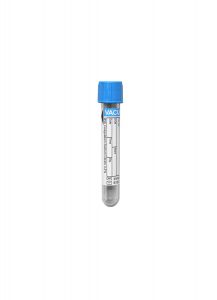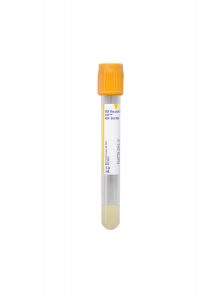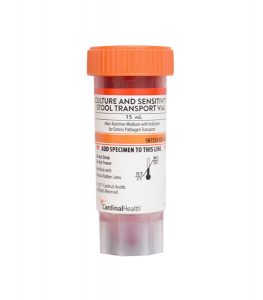Special Communication
Light Blue Coagulation Tubes: National Supply Shortage – Update
There is a severe nationwide shortage of light blue sodium citrate blood collection tubes used for coagulation laboratory tests such as prothrombin time (PT), activated partial thromboplastin time (aPTT), fibrinogen, and D-dimer.
Currently, no other substitute tube is readily available for coagulation testing.
Given coagulation testing’s critical role in many areas of medicine and surgery, Cleveland Clinic is implementing several supply conservation measures, including:
- Using a “no additive” tube as a waste tube (instead of a light blue tube) when collecting other blood specimens.
- Restricting light blue tubes for use in the ED only for coagulation testing rather than in a routine rainbow draw.

For Ordering Providers:
If a patient is not on anticoagulants or is not going to surgery:
Reconsider the need for routine coagulation testing or consider extending the interval between daily coagulation testing orders.
If a patient is undergoing treatment with direct oral anti-Xa anticoagulants, such as apixaban or rivaroxaban:
Consider not ordering PT and APTT (they are usually normal in these patients and not helpful in anticoagulant management).
Test Name
Order Code
# of 1.8 mL light blue tubes needed
# of 2.7 mL light blue tubes needed
# of 3.5 mL light blue tubes needed
Cleveland Clinic Laboratories will communicate further updates when available. Please continue to check our website or contact Client Services at 800.628.6816 for assistance.


